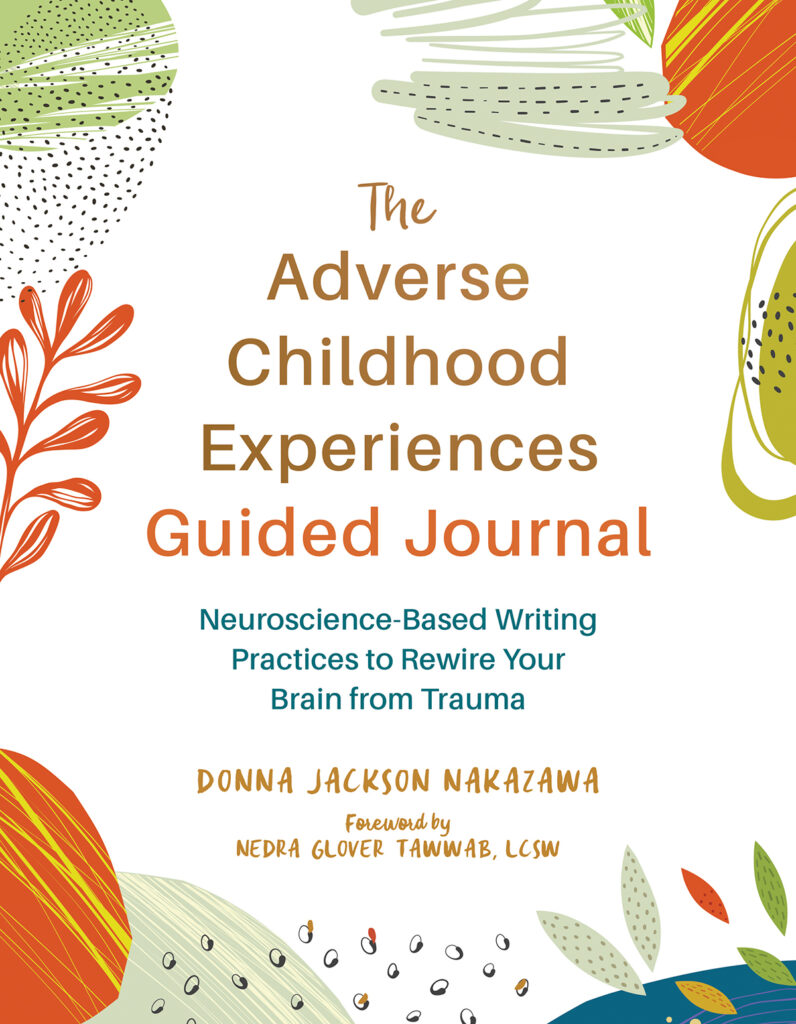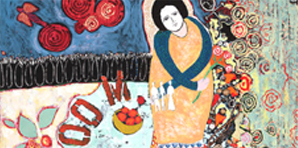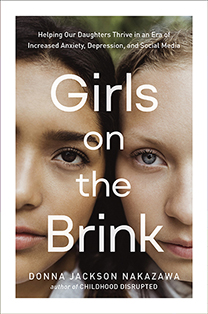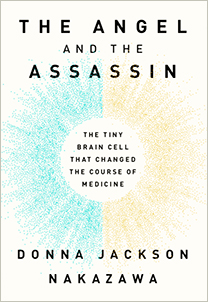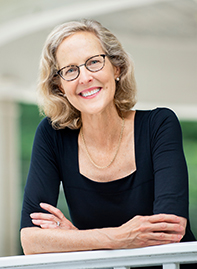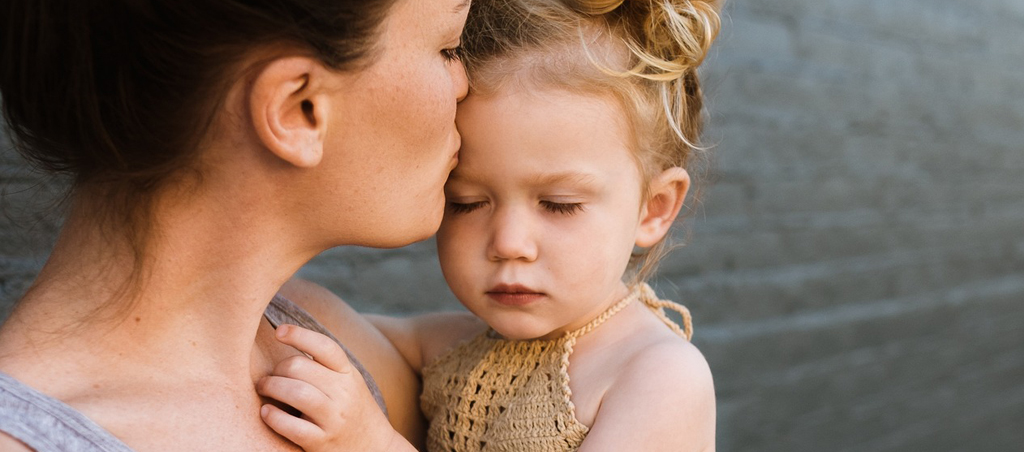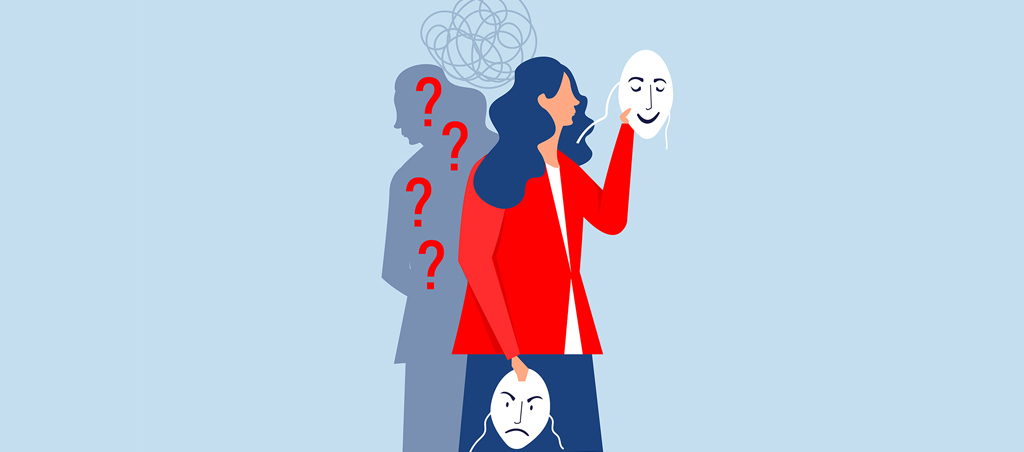In my last post I asked the question, what do we mean when we say “cure?” Can a cure be the same as “healing?” And if so, what do we mean by “healing?”
Many “chronic” conditions may not be “cured.” But we can change the quality of our moments and our days. Is that healing? Is it a cure by another name?
Some of the responses seemed so important to me that I’ve decided to repost them here.
Julie says: “A wonderful healer I worked with very eloquently said that healing comes in all forms. It doesn’t always look like physical wellness. It may be peace in the heart, or family mending, or a distinct lack of anger and fear. Soul healing does not always translate to the body. A dear friend who did her work, was bathed in love, moved onto the next realm anyway. I feel she had complete healing. Thank you for starting this dialogue!”
From Pat: “I am looking forward to the book and I also realize it may not “cure” me in the traditional sense. Much like when I pray, I ask for peace and acceptance of where I am and what is going on in my life. Prayer has not cured me but it has allowed me to not let my health entirely dictate who I am. If there is another tool to use that will improve the quality of my life I will be the first one to open up that tool kit.”
What do you think healing is? What do you do, in your own life, to feel “healed?” I think this really matters. If one out of two American women are living with a chronic condition — back pain, fibromyalgia, depression, lupus, Lyme, cancer — healing matters every minute for a great many of us. And yet we are so seldom willing to talk about how we seek that healing.
Some chronic conditions may be more serious than others, some situations more dire. But until we open up the dialogue about what heals us — and whether that feels curative — we’re going to find it hard to change the quality of our moments and days.
